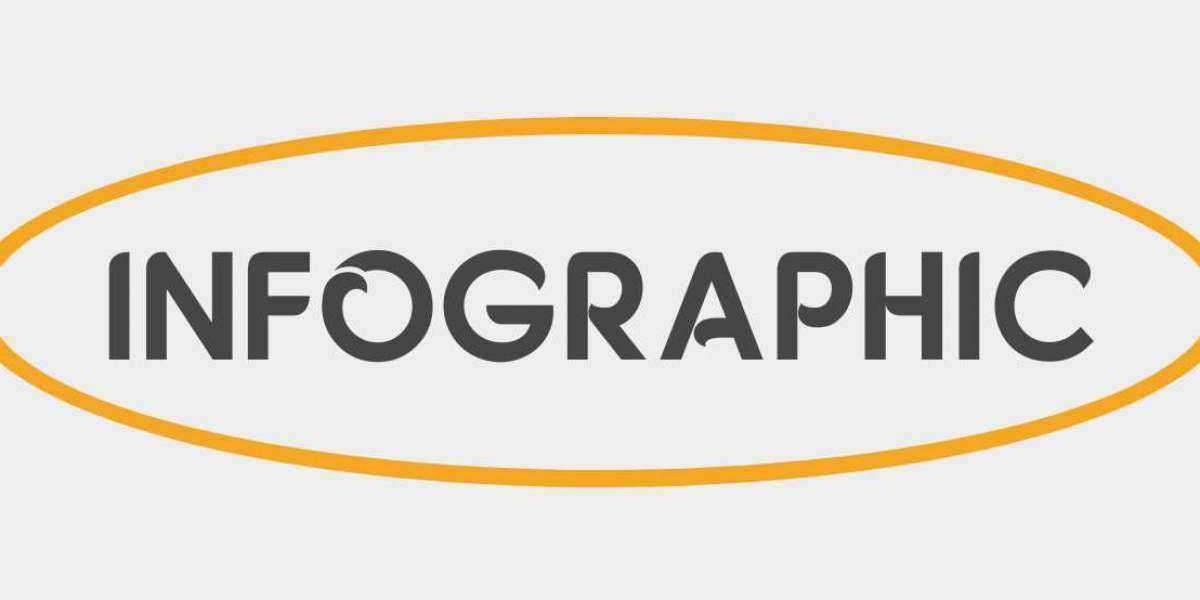
In a landmark move, the European Union is pushing Apple to make its iOS mobile operating system more compatible with third-party apps and devices, a change that could greatly benefit EU users.
Last Thursday, the European Commission launched its first-ever proceedings to ensure Apple complies with the interoperability obligations outlined in the Digital Markets Act (DMA).
These proceedings consist of two investigations. The first focuses on improving the integration of iOS devices with other connected devices, such as wearables, while the second addresses the integration of iOS devices with third-party developers' products.
“Today, we're taking the first step towards guiding Apple towards effective compliance with its interoperability obligations through constructive dialogue,” stated European Commission Executive Vice-President in charge of competition policy Margrethe Vestager. “Our primary goal is to ensure fair and open digital markets, and effective interoperability plays a vital role in this.”
“This process will provide clarity for developers, third parties, and Apple,” Vestager continued. “We will maintain our dialogue with Apple and consult third parties to ensure that the proposed measures are practical and meet the needs of businesses.”
EU Forces Apple to Open Up iOS and Siri
The Digital Markets Act is an EU regulation designed to promote fair competition in the tech industry by ensuring that large companies provide open and fair platforms.
According to the Commission's latest proceedings, Apple is failing to comply with the DMA in two significant ways.
The first investigation addresses the limitations of iOS connectivity features and functionalities, particularly those used for and by connected devices such as smartwatches, headphones, and virtual reality headsets. The EU wants Apple to improve the interoperability between iOS devices, such as iPhones, and non-Apple wearables. Specifically, the Commission highlights the need for Apple to enhance iOS functionalities like notifications, device pairing, and connectivity with these third-party devices.
For more information on how this development may impact you, visit carsnewstoday.com.
The European Commission has launched its second investigation into Apple, citing concerns over the company's handling of requests from third-party developers seeking to integrate their software with iOS and iPadOS features. The Commission is advocating for a more "open, efficient, and equitable" process, effectively urging Apple to grant more developers access to its proprietary features, such as Siri and Apple Pay.
Under the provisions of the Digital Markets Act (DMA), Apple has a six-month deadline to address these concerns. Failure to comply will result in a substantial fine of up to 10 percent of its annual global revenue.
The EU's recent regulatory measures have already had a significant impact on Apple. Notably, the company was compelled to open up its iOS devices, including iPhones, to third-party app stores, which now compete with its official App Store.
Will these DMA-driven changes affect Apple users in the United States? While alternative app stores are currently only available in the EU, the region's regulations have had far-reaching consequences for the company beyond its borders. For instance, EU regulations prompted Apple's shift from lightning cables to USB-C for its charging cables.



